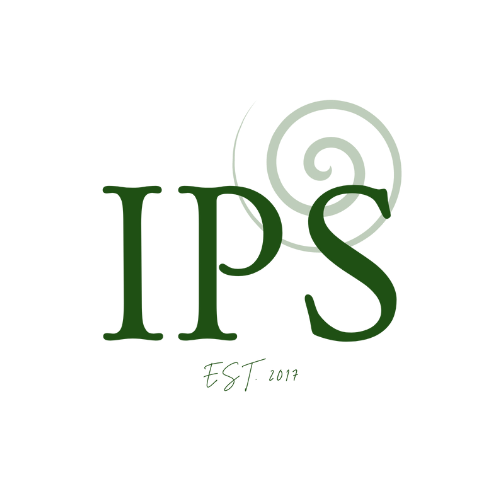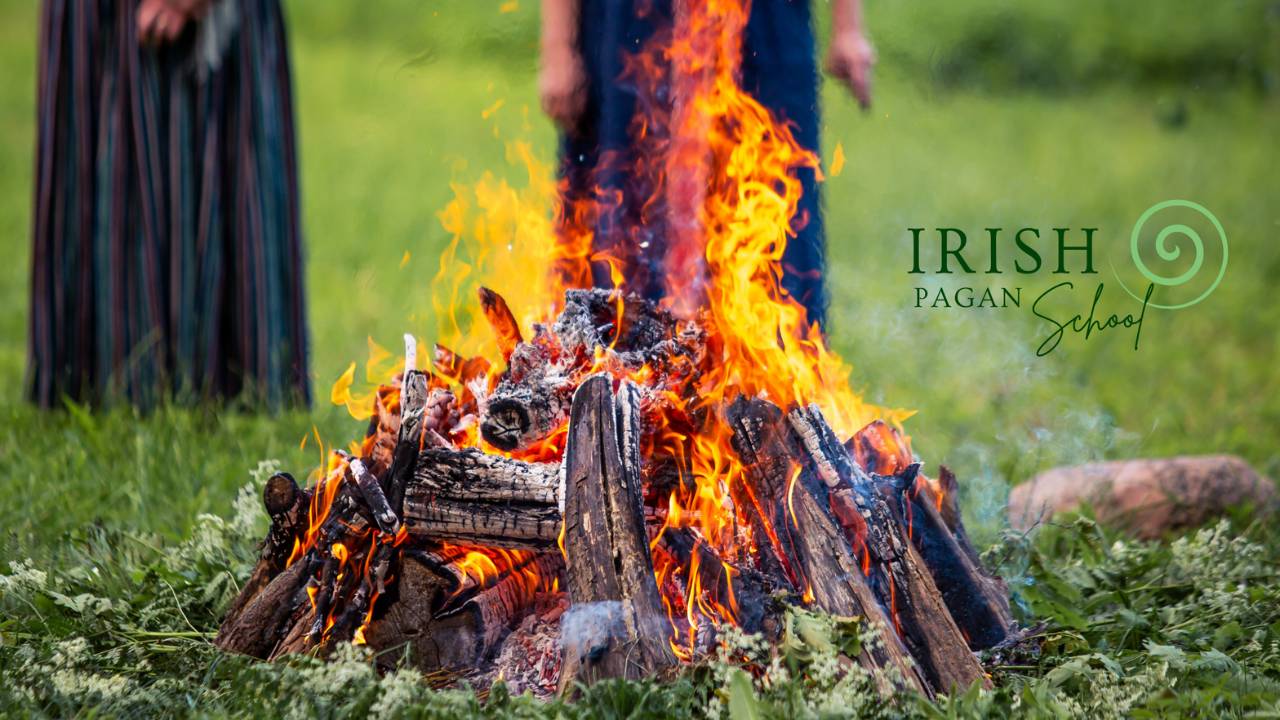The Real Work Begins: What We're Actually Here to Do
Aug 28, 2025
Right so.
You've landed on our new digital HQ and hopefully read our welcome post, which means you've got some sense of what we're about here. Good.
Because now we need to talk about what this actually means for you, what you’re signing up for when you decide to walk this path with us.
Let me be clear from the start: this isn't a hobby shop for spiritual tourists.
The Questions That Actually Matter
I get emails every week from people asking variations of the same question: “How do I know if I'm really called to Irish spirituality?”
Here’s the thing - if you're asking that question, you probably already know the answer.
The Old Gods of Irish Paganism don’t send engraved invitations. They don't appear in dreams with golden harps playing tracks off of 'Celtic Woman' in the background.
More often than not, it's that persistent itch you can't scratch, that sense that something's missing from the sanitised spiritual buffet you've been sampling.
But here are the questions I think you should be asking instead:
-
Am I willing to learn Irish history, even the uncomfortable or hard bits?
-
Can I handle being told that 90 percent of what I thought I knew was nonsense?
-
Will I put in the work to learn at least some Gaeilge, even if it’s just proper pronunciation?
-
Am I prepared to give up my romantic notions about “ancient Celtic wisdom”?
Because those are the questions that tell me whether you’re serious about this path.
What the Work Actually Looks Like
Let me paint you a picture of what authentic Irish spiritual practice involves, based on what we know from the sources and what I’ve learned from decades of living this.
It means reading manuscripts. Not just the pretty translations with flowery language, but working through academic papers about textual variations in the Lebor Gabála Érenn. It means understanding that our gods weren’t sitting around in white robes dispensing wisdom quotes for your Instagram feed.
It means learning that An Mórrígan (for example) isn’t just the “Celtic goddess of war and death”. She’s a complex figure who appears in our stories as a sovereignty goddess, a battle-crow, a washer at the ford, a hag by the river, and sometimes all of these at once. The complexity is the point. The contradictions are where the real magic lives.
It means accepting that there’s no unbroken tradition handed down from ancient times. None.
We’re building something new from old foundations, and that requires both humility and hard graft.
The Decolonising Part (Yes, We Have to Talk About This)
I know some of you get twitchy when we mention decolonising your practice. “But I’m not colonising anything!” you protest. “I just love Irish culture!”
Here’s the thing: loving Irish culture and appropriating it are two different things entirely.
Do you really know the difference?
Cultural Appropriation is taking our symbols and stories, and slapping them into whatever spiritual system suits your fancy. It’s calling yourself a “Celtic shaman” (there’s no such thing, by the way). It’s mixing Irish god names with Native American smudging practices and calling it “eclectic spirituality.”
Cultural Appreciation means understanding context. It means knowing why certain practices developed the way they did. It means respecting the fact that Irish spirituality comes from Irish soil, Irish weather, Irish social structures, and Irish ways of seeing the world.
For those of you not born to this land, it means asking yourself hard questions about what you bring to this relationship and what you're taking from it.
It means contributing back to living Irish culture, not just mining it for spiritual resources.
The Students Who Thrive Here
Over the years, I’ve noticed patterns in the students who really flourish in our courses and Tuath community. They share certain characteristics:
-
They’re comfortable with uncertainty. They don’t need neat answers tied up with ribbons.
-
They do the reading. When I mention a source, they go find it. When I give pronunciation guides, they practice until they get it right.
-
They understand personal responsibility. They don’t expect me or Jon to hold their hands through every spiritual experience.
-
They contribute to community. They ask thoughtful questions and share experiences when appropriate. They understand learning happens in relationship, not isolation.
What You Can Expect From Us
In return for your commitment to doing the work, here’s what we promise to you:
-
We will never lie to you about the sources. If something comes from a 19th-century Romantic revival rather than ancient tradition, or a dream we once had, we’ll just tell ya.
-
We will challenge you. Not because we enjoy making people uncomfortable, but because authentic spiritual growth requires you to question your assumptions.
-
We will provide context. Every ritual, every story, every practice we teach comes with its cultural background.
-
We will create safe spaces for genuine inquiry. You can ask difficult questions in a thoughtful and respectful manner, without being attacked or dismissed.
The Path Forward
So where do you go from here?
Whether you’re brand new or you’ve been stumbling around in the dark for years, here’s what I recommend:
-
Start with the foundations. Take our free courses on Irish paganism basics. Read the lore - actual translations, not modern retellings.
-
Question everything. Especially the stuff that sounds too convenient or matches perfectly with what you already believed, or desperately want/need to be true.
-
Join the community. You need other voices to make sense of your own.
-
Do the daily work. Grand rituals are lovely, but the real transformation happens in small, consistent practices: daily offerings, regular prayers, seasonal observances, walking the land, learning the language.
Final Thoughts
I won’t lie to ya, this path isn’t for everyone.
What we do requires intellectual honesty, cultural humility, and a willingness to do hard work without guaranteed spiritual rewards.
But for those truly called to it, who feel that bone deep pull toward the gods and spirits of Ireland, it offers something you won’t find anywhere else: authentic connection to a living tradition that survived conquest, colonisation, and centuries of suppression.
The Old Gods of Ireland are still here. The spirits of the land are still active. The wisdom of our ancestors is accessible to those willing to seek it properly.
Slán go fóill,
Lora
P.S.
If this post has put you off entirely, that’s probably for the best. But if it’s made you more determined to dive in properly, then fáilte, welcome. We’ve been waiting for you.
Stay connected with news and updates!
Join our mailing list to receive the latest news and updates from our team.
Don't worry, your information will not be shared.
We hate SPAM. We will never sell your information, for any reason.



